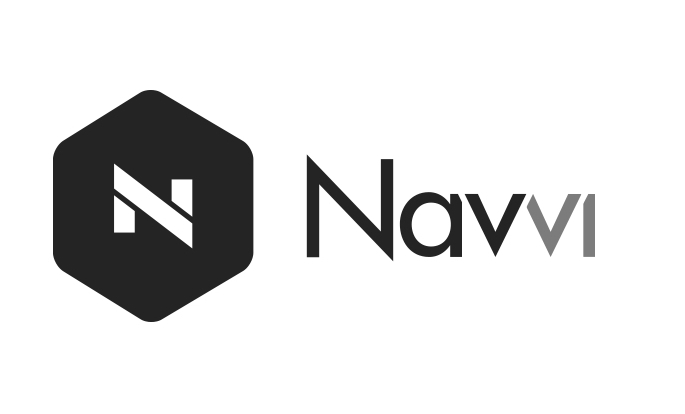Our evening spent with John Perry Barlow felt like an oracle experience: every story astounding, every twist and turn visionary, every insight profound. A magnetically brilliant mind; a dynamically inspiring life; a terrific second installment of Startup Grind Jackson Hole.
Resume points fail to capture Barlow’s charisma, though they do impress: Cyberlibertarian, Grateful Dead songwriter, Wyoming cattle rancher, wastewater pioneer. Given free reign by Natalie Spencer of Navvi, Barlow regaled the full house with his matchless skills as a storyteller. With wit and wisdom, he sketched his life not as a line but an ever-looping system, akin to the way he views the world and its resources.
Take, for instance, his arc from working in finance to working in biofuel. As advisor to Herb Allison, then president of Merrill Lynch, he helped “electronify” all financial transactions and assemble bundles of speculative assets. During this time, he underwent back surgery to alleviate his chronic pain from an old ranching injury. Suddenly he saw a pain-free horizon, and something clicked: Instead of building wealth, he wanted to build infrastructure and address the “amount of alterations we are already enacting on Planet Earth,” he said. “We are not necessarily making it warmer, but weirder.”
Focusing on the global preponderance of poisonous water, he teamed up with a crew of young upstart scientists and formed Algae Systems, which converts biowaste into clean water and biofuel using . “All of these biological systems have to loop back into each other,” he said, something he learned during his contentious tenure as president of the Wyoming Outdoor Council. When he approached land use as a feedback loop as Council President, he raised the ire of both fellow ranchers and the Sierra Club. Instead of a loop, most people see “a continuous line of limitless resources at one end and limitless ability to waste stuff at the other.” Algae Systems bucks this notion.
As does Barlow: His allegiance to sustainable systems underpins every frontier he has found himself in, like the Internet. “When I first saw the Internet, literally, it was a religious experience for me,” he said. “Wow: This is a nervous system.” He knew the Internet would engage all humanity in the creation of “the collective organism of mind.” Since then, “I’ve been doing everything I can to be open to anyone, anywhere, so that they are able to find out everything that can be known on any topic to the limits of their curiosity,” he said. “Young people are teaching themselves how to see and experience and know beyond the dreadful education system, which is designed to produce interchangeable machine parts.”
Even casual descriptions evidenced his approach to the world as an independent organism: Grateful Dead songs, though often scrawled in the studio, “had to grow and metamorphose, more like marsupials.”
Over tea with Mardy Murie (who has been called the “Grandmother of the Conservation Movement”), Barlow picked up a credo he would carry close for the rest of his life, a self-truth he’d like inscribed on his tombstone. “Environmentalists can be a pain in the ass,” Murie said to him. “But they make great ancestors.”
“I want to be a good ancestor,” John Perry Barlow said. Goal achieved.
Written by Katy Niner





